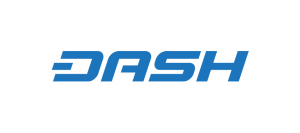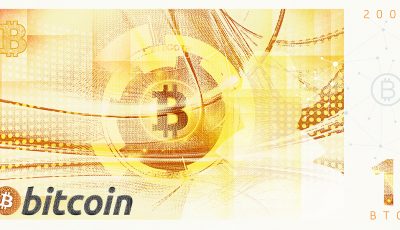Dash announces blocksize increase
 In an email sent to CoinReport, it was revealed that Dash celebrated its second anniversary last week with a vote among its stakeholders to increase its blocksize (far ahead of demand) from 1 MB to 2 MB. The vote passed within 24 hours with an overwhelming 99 percent of support.
In an email sent to CoinReport, it was revealed that Dash celebrated its second anniversary last week with a vote among its stakeholders to increase its blocksize (far ahead of demand) from 1 MB to 2 MB. The vote passed within 24 hours with an overwhelming 99 percent of support.
We reached out to Evan Duffield, creator and chief architect of Dash, to ask how the reaction has been from the cryptocurrency community so far.
Duffield said:
“The reaction has been fantastic and it’s been a great conversation starter with the rest of the crypto community at large. In our case the decision was not so difficult because in Dash full nodes share the block rewards with miners. One of the main reasons for disagreement about a block size increase within Bitcoin is that as you raise the block size the resources required to run full nodes also increase. This means that, in the case of Bitcoin, this change could lead to centralization as volunteer full node operators are unable to keep up with the additional costs of running the nodes. In our case our independent node operators are able to scale up with the network as they are also sharing on the blockchain subsidy just like miners, so it was a naturally less controversial decision for us.”
He added:
“Our decentralized voting system has proven to be a great tool to take the pulse of the community and get a transparent and provable answer from the stakeholders about important topics and it is certainly a tool that we will continue to use going forward.”
Dash is the number three cryptocurrency in the world – behind bitcoin and litecoin. It currently hovers around $4 per coin and has a $25 million market cap (similar to bitcoin in 2011) vs bitcoin’s market cap of nearly $6 billion. Dash now has a robust international user base, including more nodes than bitcoin itself. The cryptocurrency is also completely decentralized, but is superior to bitcoin in several ways:
- It has instant confirmations vs. 10 minutes or more for bitcoin, which makes it superior in person-to-person commerce.
- The mining system provides rewards not only for the miners, but keeps some of these rewards to pay for development of the network vs. relying on donated time, like bitcoin does
- Te governance of Dash is hard-coded into its network, so all stakeholders who run a node of 1,000 Dash or more get an instant vote on the future of the network. The vote for blocksize increase took less than 24 hours and was passed by an overwhelming majority (99 percent voted yes).
The email said, “While Dash developers believe bitcoin will always hold a great utility for store of value and sending of larger transactions (into the millions of dollars), Dash is immediately a better solution for smaller transactions and microtransactions (the existence of which has slowed down and “bloated” the bitcoin blockchain, leading to its current scaling issues).”
Images courtesy of Dash via Transform Public Relations













